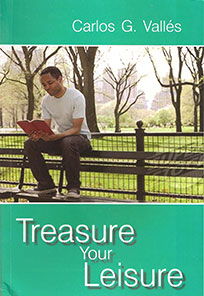
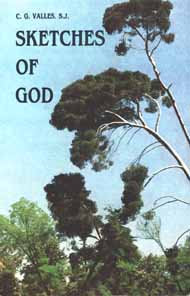
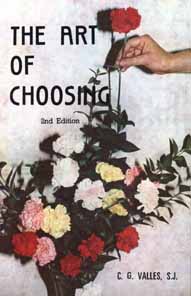
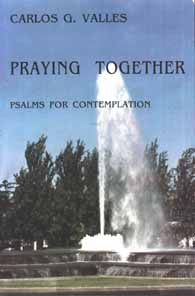

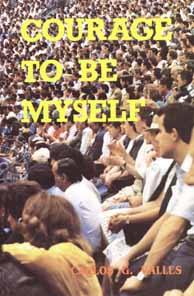
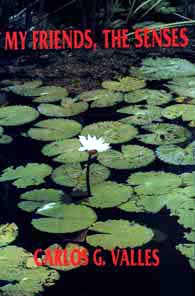
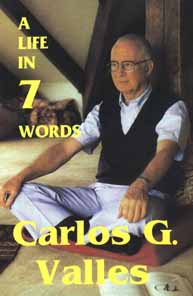
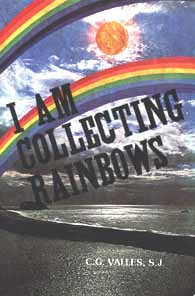
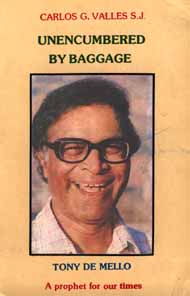
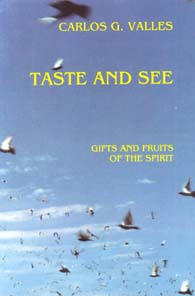
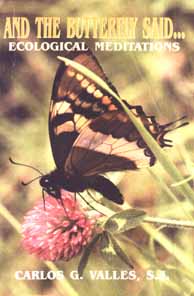
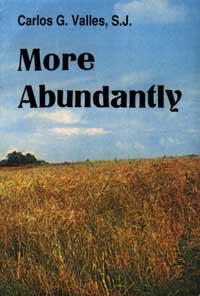

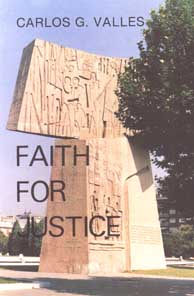

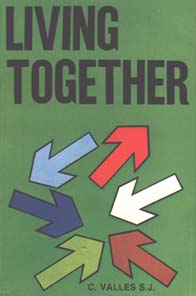
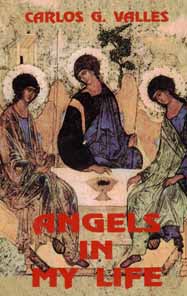
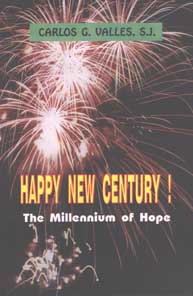

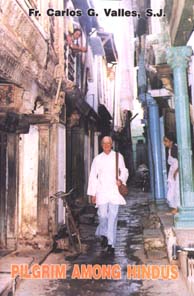
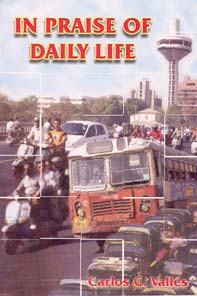
A poet’s favourite prayer was, “Oh dawn, cleanse me from all that stuck to me yesterday” Let today be only today!”
Examples, experiences and considerations set out in this book help us to realise in our lives what we yearn for in our minds, which is the proper and happy use of every day on our life and every moment in our day throughout the daily life that is our existence on earth.
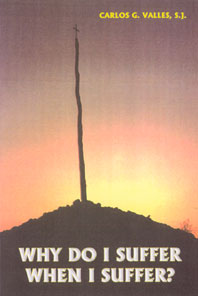
Suffering is universal, but the way we react to it is strictly personal. And our own welfare depends on it. Most of the time we cannot change the circumstances that lead to pain, but we certainly can change the way we accept or refuse the pain, we can choose between rebelling against it on one hand, or learning how to integrate it in the web of life on the other.
This book proceeds through healthy psychology and commonsense wisdom, and combines the experience of sages with the teachings of the Scriptures to help us recover the joy that should always be ours in the midst of a world that needs it more than ever.
Date of Publication: June 2003
Editorial: Gujarat Sahitya Prakash
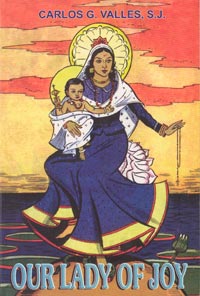
This book rescues a feature that is almost forgotten in the life of Mary, that is the joy that marked her life in the angel’s greeting, in her own canticle of the Magnificat, in her dance at a wedding feat in Cana of Galilee, in her first and privileged encounter with the risen Christ. We learn to tell her joyfully, “Rejoice, Queen of Heaven!”, and to rejoice with her in our hearts.
Date of Publication: September 2004
Gujarat Sahitya Prakash
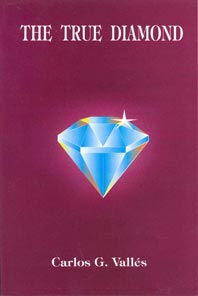
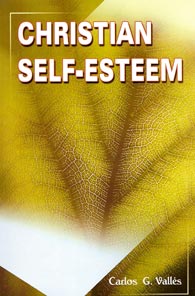
We can find out to our advantage why scripture calls us “saints”, why sex has come to dominate the moral scene, why the Council of Orleans decreed that the sacrament of reconciliation cold be received only after 35 years of age, why an aboriginal language in Africa has no word to say “guilty”. And we may like to join in spirit a prayer group of Sounth American Catholics who have their own home version of the Hail Mary.
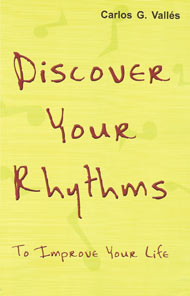
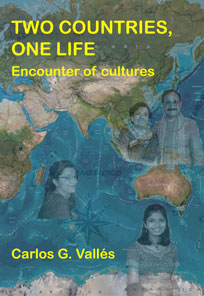
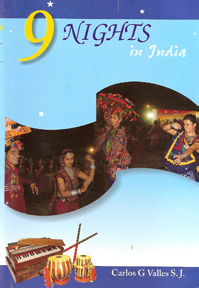
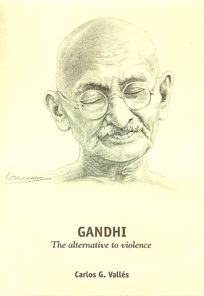
I wrote this book in India, in Gujarati which is one of the main languages of India in the year of Gandhi’s centenary (1969). He was precisely a native of that state, Gujarat, in it was in Gujarati that he wrote his autobiography (A story of my experiments with truth) which his secretary, Mahadev Desai, translated into English from where it went to all the languages of the world. Now I’ve translated my own book into English. Gandhi’s teaching and example on non-violence, sealed with his own death, are more and more necessary with the increase of violence in our days: terrorism, wars far and close. More intimately, they help us to subdue the seeds of violence we all bear within us: ill temper, anger, secret hate. We all need Gandhi close to us.
This book in its Gujarati original received the first price of the Indian government for Gujarati literature in 1969.
